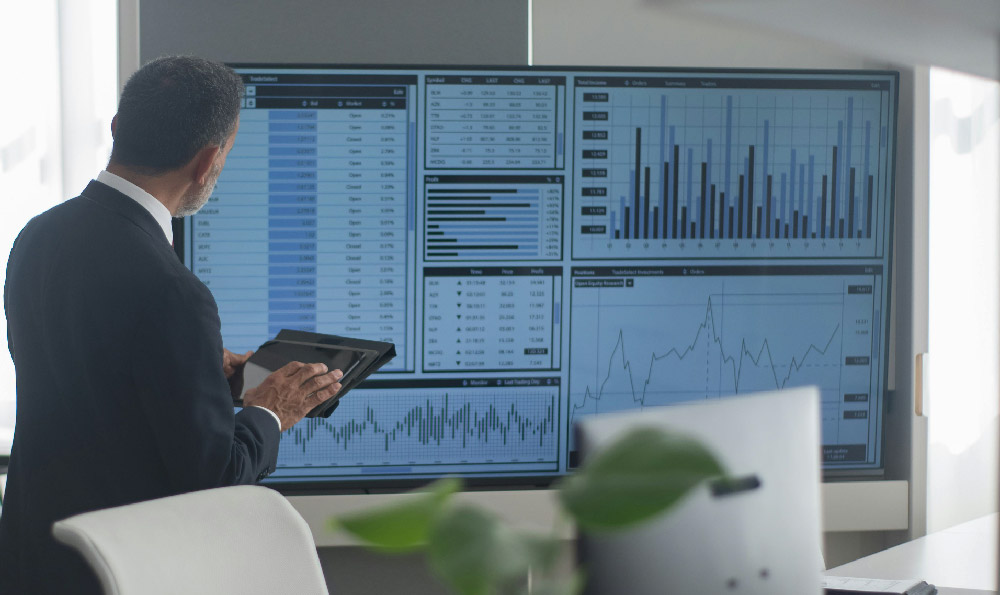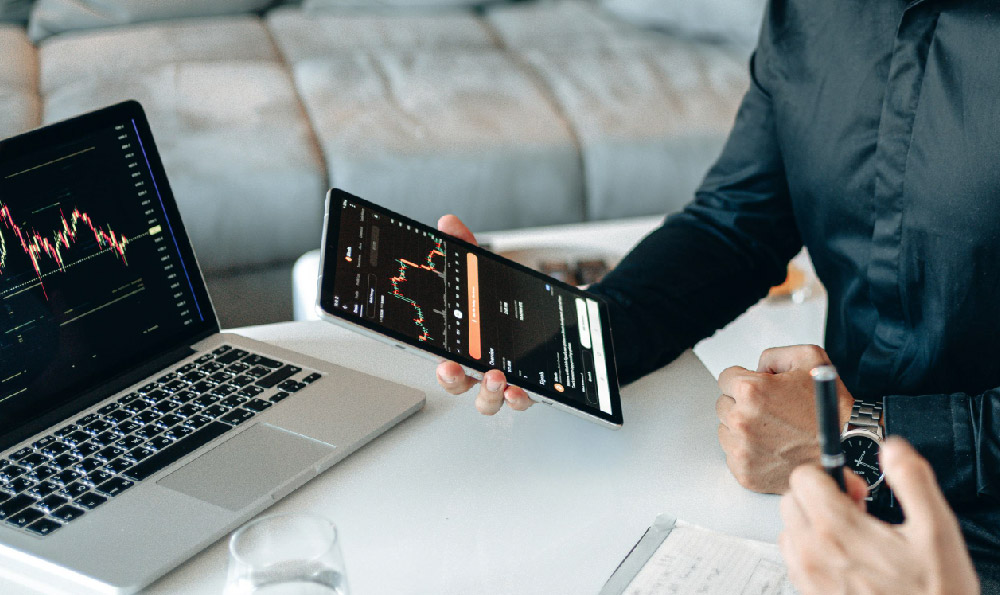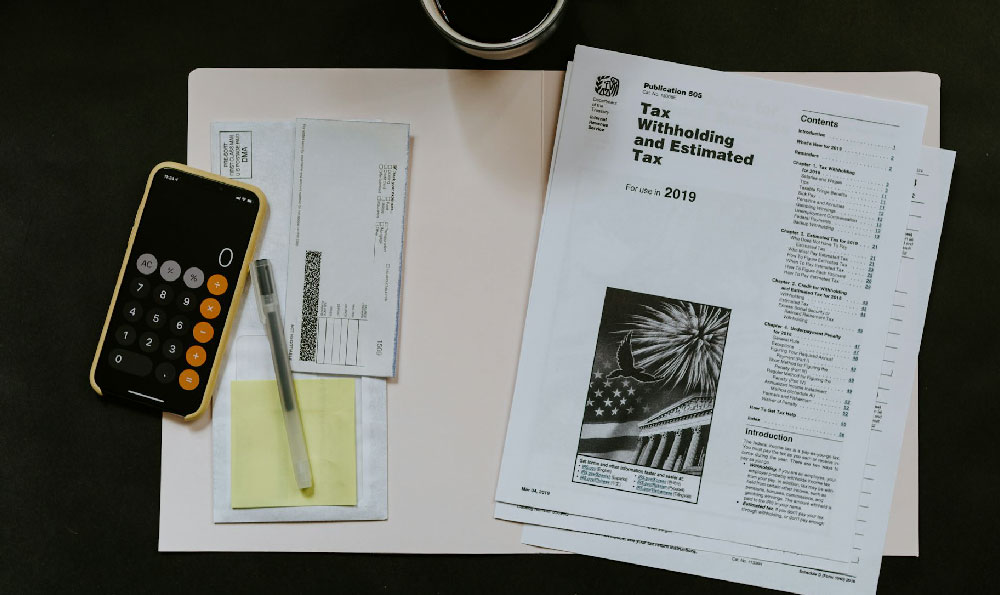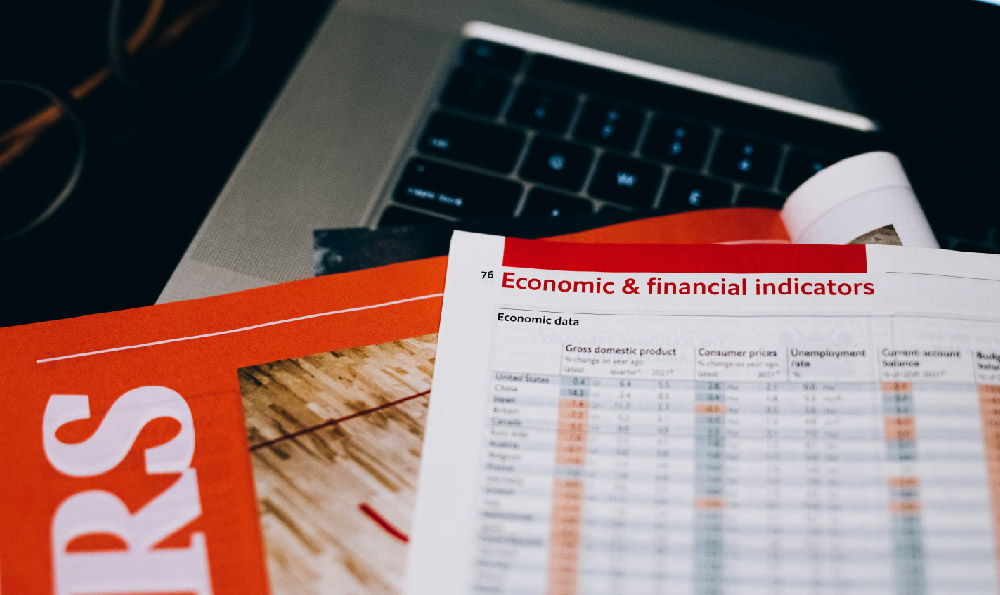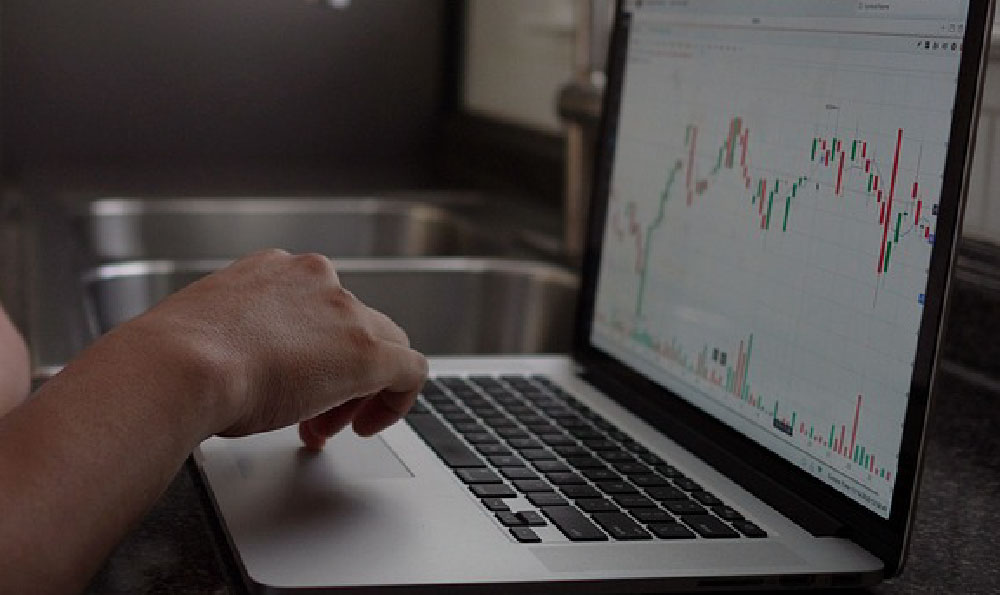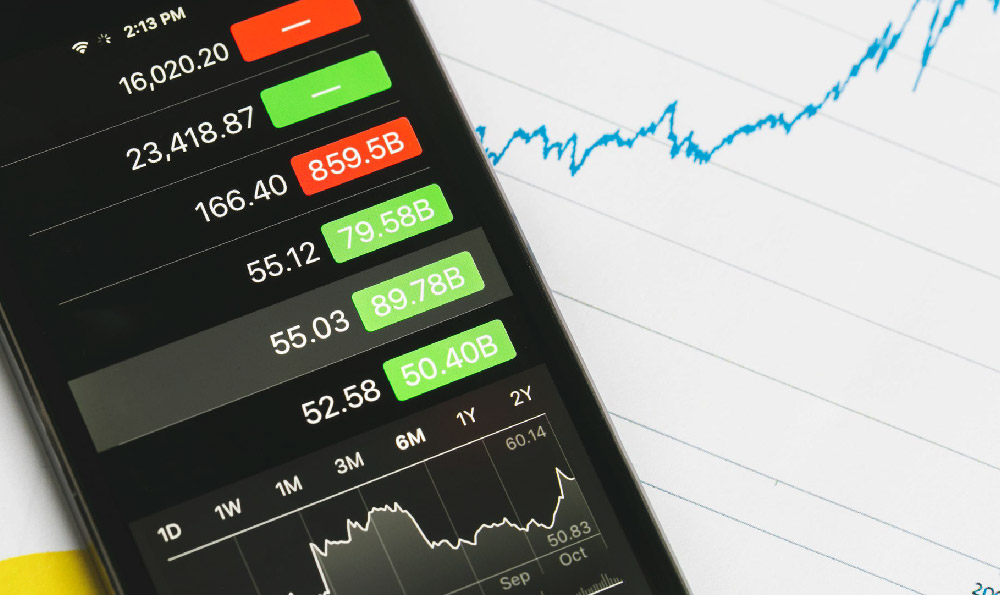Okay, I understand. Here's an article on Forex trading, exploring its potential for profitability and outlining key strategies, written in English without using the title directly or an excessive amount of numbered lists, and avoiding "Firstly," "Secondly," etc. It aims for a conversational yet informative tone, exceeding 800 words.
Forex trading, or foreign exchange trading, is often presented as a gateway to financial independence. The allure of potentially profiting from the constant fluctuations in currency values draws in individuals from all walks of life. But is this potential a genuine opportunity, or a carefully constructed mirage? The truth, as with most investment ventures, lies somewhere in between. Making money in the forex market is certainly possible, but it requires a significant investment of time, effort, and, of course, capital. Success isn't guaranteed, and the path is fraught with risks that need to be understood and meticulously managed.
The fundamental principle of forex trading is simple: you're speculating on whether one currency will increase or decrease in value relative to another. Currency pairs are traded, such as EUR/USD (Euro vs. US Dollar) or GBP/JPY (British Pound vs. Japanese Yen). If you believe the Euro will strengthen against the US Dollar, you would "buy" the EUR/USD pair. Conversely, if you anticipate the Euro weakening, you would "sell" the pair. Profit is made from the difference between the purchase and sale prices.
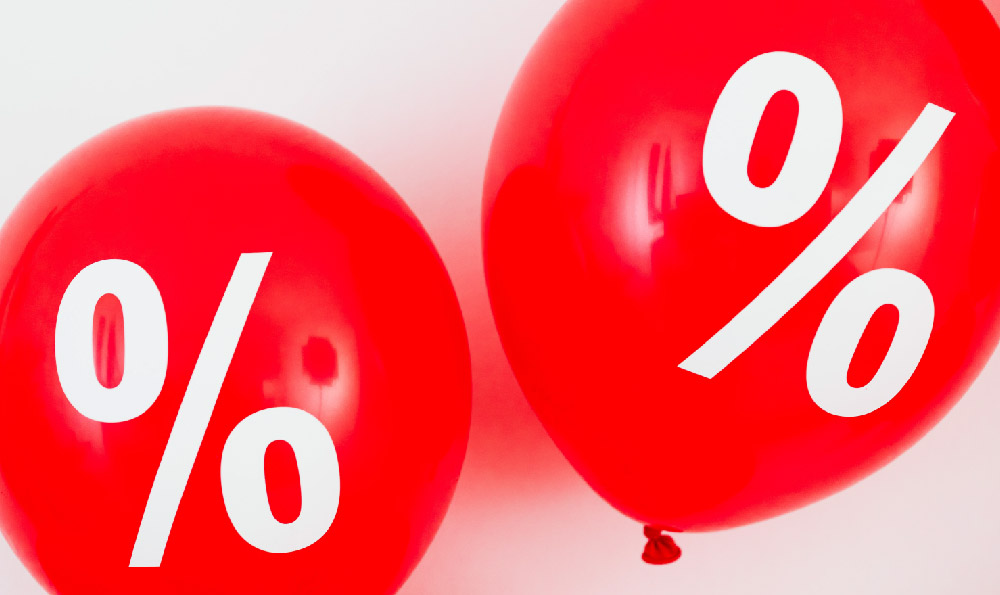
However, the apparent simplicity masks a complex ecosystem of economic indicators, geopolitical events, and market sentiment that can influence currency values. Successfully navigating this environment requires a deep understanding of these factors and their potential impact. A trader must be adept at analyzing economic data releases, such as inflation figures, employment reports, and GDP growth, to gauge the health and direction of various economies. Interest rate decisions by central banks play a crucial role, as higher interest rates generally attract foreign investment, strengthening a currency. Political instability, natural disasters, and even seemingly minor news events can trigger significant market volatility, creating both opportunities and risks.
Beyond a solid understanding of the market drivers, a profitable forex trader needs a well-defined trading strategy. There are numerous strategies, each with its own set of rules and risk parameters. Some traders prefer technical analysis, relying on charts and indicators to identify patterns and predict future price movements. This involves studying historical price data, identifying support and resistance levels, and using tools like moving averages, Fibonacci retracements, and oscillators to generate trading signals. Others favor fundamental analysis, focusing on macroeconomic factors and news events to assess the intrinsic value of currencies. Many successful traders combine both approaches, using technical analysis to fine-tune their entry and exit points based on a broader understanding of the underlying economic fundamentals.
Crucially, risk management is paramount in forex trading. The use of leverage, which allows traders to control large positions with a relatively small amount of capital, can magnify both profits and losses. While leverage can increase potential gains, it also significantly elevates the risk of substantial losses, potentially exceeding the initial investment. Therefore, implementing a robust risk management strategy is essential for protecting capital and ensuring long-term profitability.
This strategy should include setting stop-loss orders, which automatically close a position when it reaches a pre-determined price level, limiting potential losses. Traders should also carefully manage their position size, avoiding the temptation to over-leverage their accounts. A general rule of thumb is to risk no more than 1-2% of their trading capital on any single trade. Furthermore, diversification, although not always applicable in the strict sense of asset allocation in the stock market, can be achieved through trading multiple currency pairs, reducing the overall risk exposure to any single currency or economic event.
Another vital aspect of successful forex trading is emotional discipline. The market can be highly volatile and unpredictable, and it's easy to get caught up in the excitement and make impulsive decisions. Fear and greed can cloud judgment, leading to poor trading choices. Successful traders develop a disciplined approach, sticking to their pre-defined trading plan and avoiding emotional reactions to market fluctuations. They understand that losses are an inevitable part of trading and learn from their mistakes, continuously refining their strategies and risk management techniques.
Choosing the right broker is also a critical step. A reputable broker will provide access to a reliable trading platform, competitive spreads (the difference between the buying and selling price of a currency pair), and excellent customer support. It's important to research different brokers, compare their offerings, and ensure they are properly regulated by a recognized financial authority.
Finally, aspiring forex traders should approach learning the market as an ongoing process. Continuous education is key to staying ahead of the curve and adapting to changing market conditions. There are numerous resources available, including online courses, trading books, and webinars, that can help traders develop their knowledge and skills. Practicing on a demo account before risking real money is also highly recommended. Demo accounts allow traders to simulate trading conditions without risking their capital, providing a valuable opportunity to test strategies, learn the trading platform, and gain experience in a risk-free environment.
In conclusion, while the forex market offers the potential for significant profits, it is not a get-rich-quick scheme. Success requires a deep understanding of market dynamics, a well-defined trading strategy, disciplined risk management, emotional control, and continuous learning. Approached with the right mindset and a commitment to continuous improvement, forex trading can be a viable investment opportunity. However, it's crucial to recognize the inherent risks and to invest only what you can afford to lose. The market rewards diligent preparation and patient execution, not reckless speculation.


